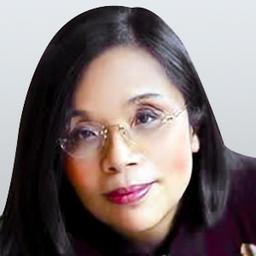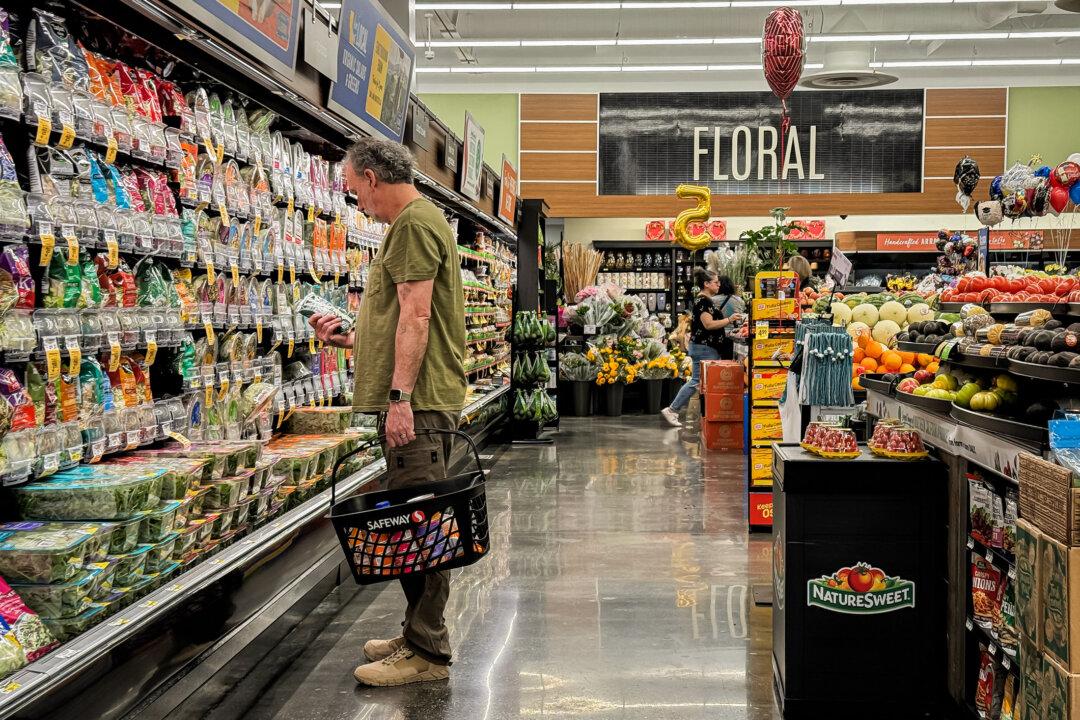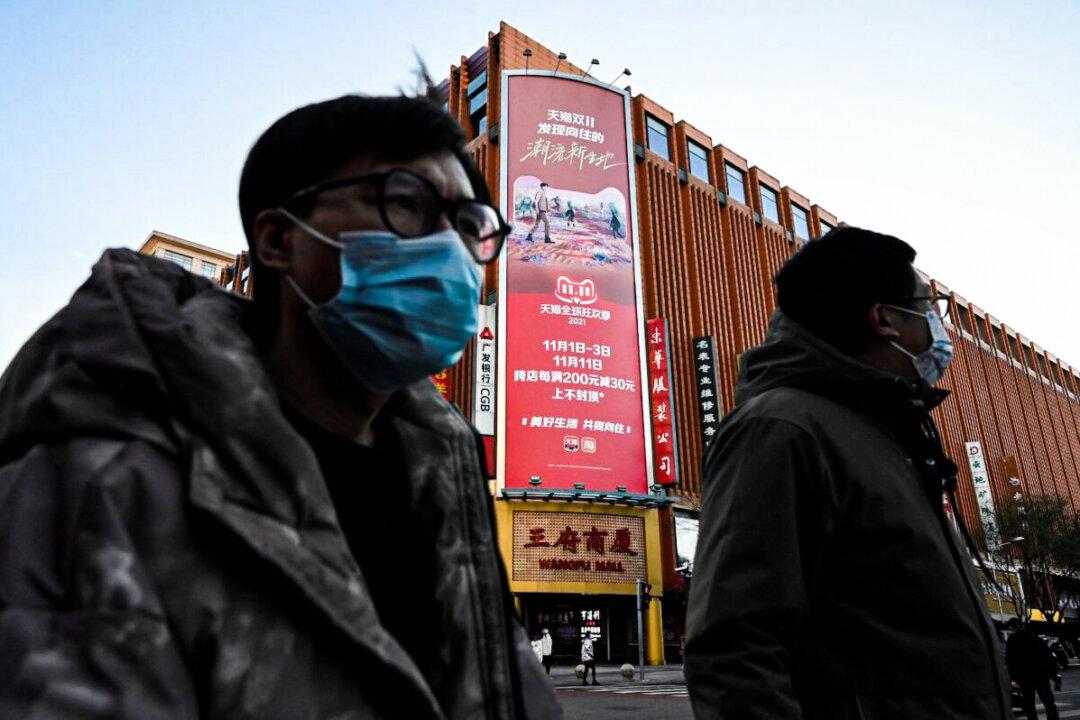Whatever happens next, said Claudia Rosett, the millions of protesters in Hong Kong have been demonstrating heroic qualities to the world, just as when their predecessors in Tiananmen Square exposed the brutality of the Beijing regime on the world stage 30 years earlier.
The hard work and sacrifice of the Hong Kong protesters have won them widespread support and respect outside China, but they feel helpless. I remember that after the Occupy Central movement in Hong Kong in 2014, Beijing planned to draft the “second return” plan. I looked it up, and it’s true.





